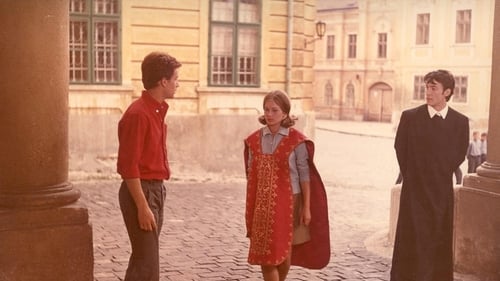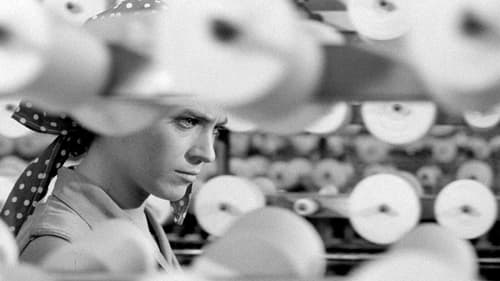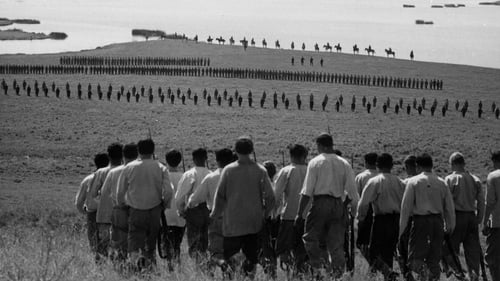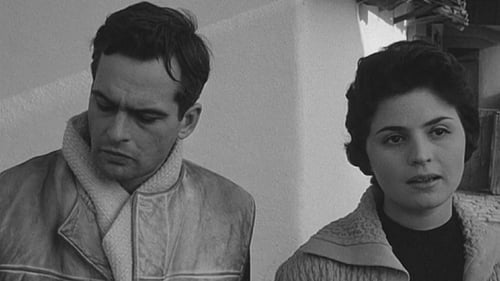Tamás Somló
出生 : 1929-03-21, Budapest, Hungary
死亡 : 1993-12-19

Cinematography
László is a composer, and his second wife is an actress. The couple lives in love and cheerful, mutual understanding. Suddenly László feels unwell. The diagnosis is that he suffers from an incurable illness.

Director of Photography
A ghost is haunting Lubló: Kaszparek Mihály, trader of wines, does not refrain from haunting his native town even in broad daylight. He rides his horse sitting backwards, pays with false gold and pays frequent visits to his widowed wife, who is far from being appalled by the caresses of her dead husband.

Director of Photography
Two arts students, András and Viktor who are writing their thesis on detective stories, make up a story and keep nagging the famous film-director, who just came back from Hollywood, until he undertakes the job. At night they work on the film, in which two youths kill a director returning from the US. In the morning the director is found dead - a knife in his back.

Cinematography
This film describes the narrator's childhood, the years before and after the Hungarian Soviet Republic, in a burlesque and fabulous style and with the humour of a child's fantasy.

Cinematography
Three people skilfully kidnap the company director, who never takes the responsibility, takes sleeping pills and spends his time feeding ornamental fish. The kidnappers turn out to be no other than the Engineer, the Technician and the Worker, who only wanted to avoid bankruptcy this way.

Director

Director of Photography
Juli is a 17-year-old student who takes a summer job in a local chemical factory. She is befriended by Piri, a girl with an unsavory reputation who has worked there before. The two friends are ogled by male workers who have overactive libidos and imaginations. Juli spurns the advances of a deluded Romeo while Piri continues to work and endure open hostility from the older female workers while her slothful parents sink deeper into alcoholism.

Director of Photography
Paralleling the dramatic student protests and riots that were exploding across the world in the 1960s at the time the film was made, The Confrontation is a story of protest and rebellion in 1947 Hungary when the Communist Party have just taken power. Jancsó's first colour film is another virtuoso display by a director at the peak of his powers, and eloquently explores the complex issues and inherent problems of revolutionary democracy.

Director of Photography
The protagonists of a comic Romeo and Juliet story full of gags are two widowed pensioners. Nádor and Mrs. Komáromi meet in the cemetery while mourning their dead spouses and they fall in love.

Director of Photography
A young woman leaves a state orphanage to find her mother in this interesting examination of how the overt repression of women in the older pattern of village life has been replaced by the more subtle exploitation inherent in the apparently freer existence of young girls in the contemporary city.

Director of Photography
In 1919, Hungarian Communists aid the Bolsheviks' defeat of Czarists, the Whites. Near the Volga, a monastery and a field hospital are held by one side and then the other.

Director of Photography
A young man spends his last three nights with his lover before his army regiment is ordered to war. When he deserts his unit to return to her side, he discovers the woman he loves is gone, and he is interrogated by the police when he learns his lover is a communist agent. The two finally are reunited at the police station where the embarrassed man denies ever knowing the accused woman.

Director of Photography
After the failure of the Kossuth's revolution of 1848, people suspected of supporting the revolution are sent to prison camps. Years later, partisans led by outlaw Sándor Rózsa still run rampant. Although the authorities do not know the identities of the partisans, they round up suspects and try to root them out by any means necessary.

Director of Photography
In the final days of World War II, a young Hungarian is making his way home, through countryside full of the debris of war, when he is captured and imprisoned by Russians. Left in the custody of a young Russian soldier, the two youths form a friendship in spite of not speaking each other's language.

Director of Photography
A young doctor undergoes a spiritual crisis when he returns to his rural home.

Director of Photography












